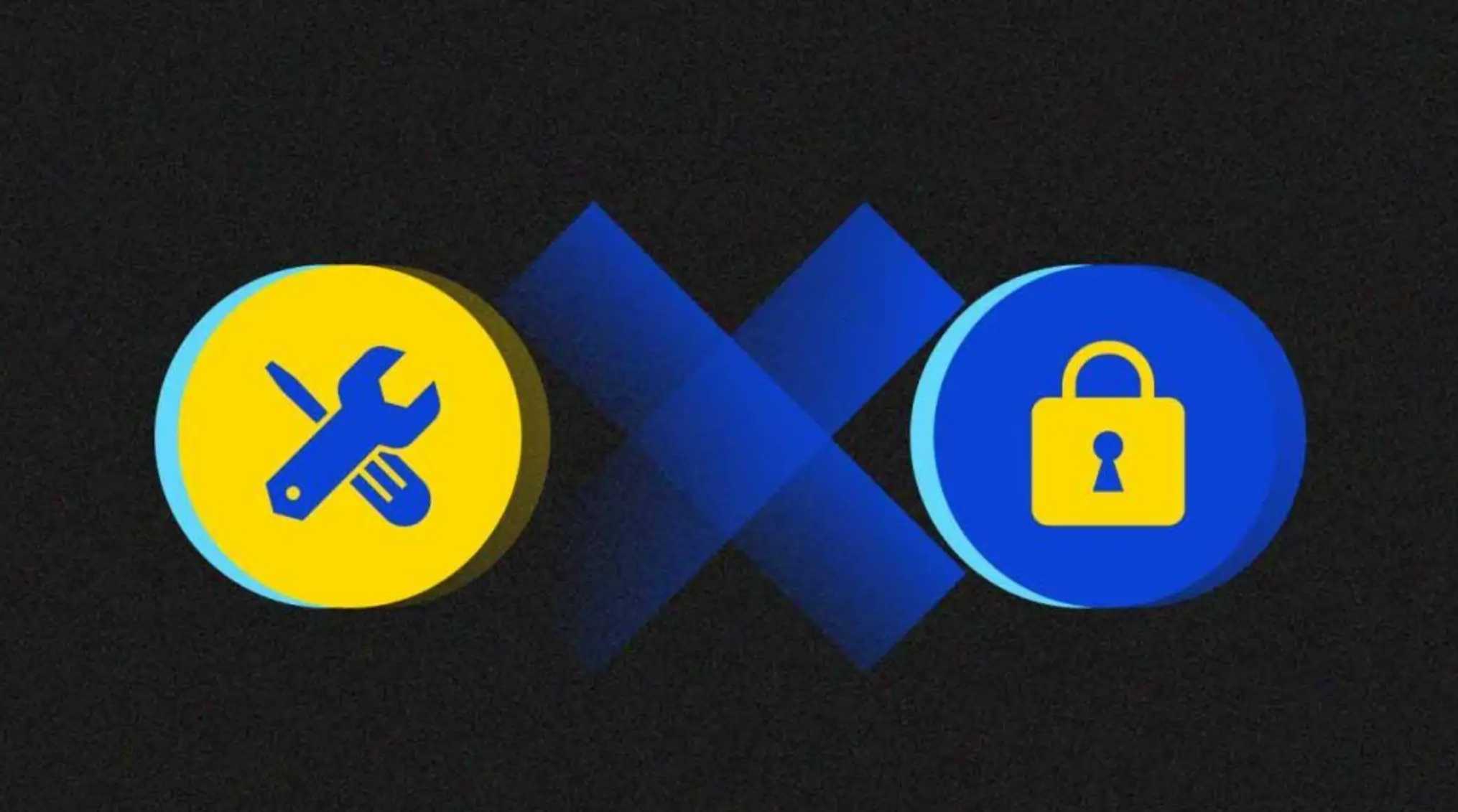Since the emergence of Bitcoin, numerous cryptocurrencies and tokens have been developed to function as digital currencies within blockchain ecosystems, addressing specific global challenges.
Within this industry, distinct categories have been established to differentiate various coin types.
Cryptocurrencies like Bitcoin, Bitcoin Cash, and Litecoin are mainly designed for everyday transactions. Tokens, however, are divided into two main categories: Security and Utility.
What are Utility Tokens?
Currently, utility tokens are the most prevalent form of tokens, largely due to the surge of blockchain startups over the past year. These startups have raised capital through initial coin offerings, creating and selling their tokens to the public in exchange for ETH.
Utility tokens, however, serve purposes beyond fundraising. They are digital assets intended for use within specific blockchain ecosystems. For instance, Filecoin compensates users with its token for providing data storage, while Civic rewards users for identity verification and attestation on their blockchain. Tokens also facilitate unique incentive models, encouraging specific actions within an ecosystem by providing compensation. For example, token incentive models now promote renewable energy use, allowing users to track and report energy consumption data via IoT devices and receive tokens as compensation on the blockchain network.
The ERC20 Ethereum standard is the most commonly used utility token. Companies can develop decentralized applications on the Ethereum blockchain and launch their ICOs using ERC20 tokens.
What are Security Tokens?
Security tokens are a newer development in the crypto sector. They are often seen as pivotal for mainstream cryptocurrency adoption due to their ability to tokenize both digital and non-digital assets, making them applicable across various industries and applications.
Essentially, a security token is an investment contract representing legal ownership (as recognized by the SEC) of a physical or digital asset (such as real estate, art, or ETFs), verified on the blockchain. Investors can use fiat money or cryptocurrencies to acquire security tokens via smart contracts. With this legal and verifiable ownership, security token holders can trade their tokens for other assets, use them as loan collateral, or fractionalize them for storage in multiple digital wallets. The true value of security tokens lies in their potential to redefine asset ownership, making traditionally exclusive assets accessible to a broader audience globally (even in portions) and allowing for dividend collection. Considering the vast array of valuable physical and digital assets (company equity, rewards, personal brands, etc.) that can be tokenized and traded as securities on the blockchain, the possibilities for security tokens are limitless.
Utility tokens incentivize human behavior within a blockchain ecosystem. Many economic challenges remain unaddressed due to a lack of incentives. For instance, while most agree on the importance of environmental responsibility and cleaner energy, current systems do not incentivize such initiatives, often relegating them to the nonprofit sector.
Blockchain technology enables companies like Swytch to create ecosystems, generate their own ‘currency,’ and incentivize renewable energy use. These utility tokens can be exchanged for Bitcoin or ETH, which can then be converted into fiat currency, offering value equivalent to traditional money.
Utility Tokens – The Disadvantages
The ease of creating utility tokens has led to regulatory and quality assurance issues in the crypto space. While many companies have noble intentions when launching tokens and securing ICO funding, there are instances of scams masquerading as value-driven enterprises, only to exit with funds without delivering the promised product. Enhanced self-regulation is essential for improving the perception of utility tokens.
The Advantages of Security Tokens
Eliminates Many Scams: Security tokens inherently reduce scams in the crypto space as companies must undergo extensive regulatory processes before public release.
Dividend Payouts: Security token investors can receive quarterly dividends from the profits generated by their owned assets, offering a reliable income stream.
Access to Multiple Asset Classes: Security tokens provide access to a wide range of valuable entities, expanding investment opportunities for individuals with varying capital.
Liquidity for Traditionally Illiquid Assets: Security tokens allow faster sales and fund transfers for assets like real estate.
Global Investor Network: Launching a Security Token Offering (STO) allows startup founders or creators to access a worldwide investor pool without launching a blockchain-based business.
The Disadvantages of Security Tokens
Legal Requirements: The SEC classifies securities under the ‘Howey Test,’ assessing whether an asset qualifies as a security based on four criteria:
- It is an investment of money
- There is an expectation of profits from the investment
- The money invested is in a common enterprise
- Any profit comes from the efforts of a promoter or third-party
To qualify as a security, an asset must meet all four criteria.
Registering securities is complex, requiring adherence to stringent laws, including frequent financial disclosures to protect investors from fraud. These requirements can be costly and time-consuming for businesses.
Restricted Investor Base: Under current US regulations, security tokens might only be available to accredited investors (e.g., those with a $1 million net worth or $200k in annual income).
Reliably Connecting Real-World Assets to the Blockchain: Tokenizing real-world assets involves logistical challenges, primarily ensuring the reliability and timeliness of data transferred to the blockchain. Security tokens represent significant value, necessitating accurate data sourcing to assess their condition and adjust valuations as needed.








